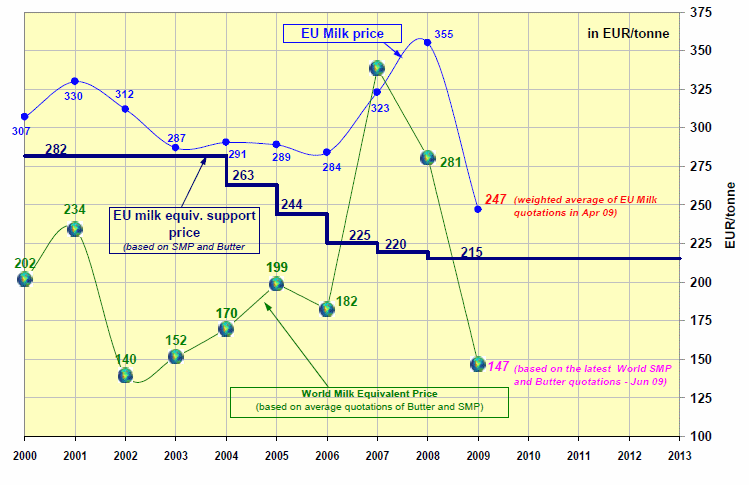Pascal Lamy, the WTO Director-General, provided an end-of-term report on the status of the Doha Round trade negotiations at the July meeting of the Trade Negotiations Committee before delegates left for their August break. This is what he had to say about the agricultural negotiations.
… Read the restAs you know, work in agriculture is continuing, particularly in light of the renewed political mandate from the G20 and G8. The Revision 4 bracketed and annotated areas needing further work have been identified. These include SSM [Special Safeguard Mechanism] (especially the architecture), cotton, issues related to sensitive products, preference erosion and tropical products, TRQ [Tariff Rate Quota] expansion as well as tariff simplification.

 …
…